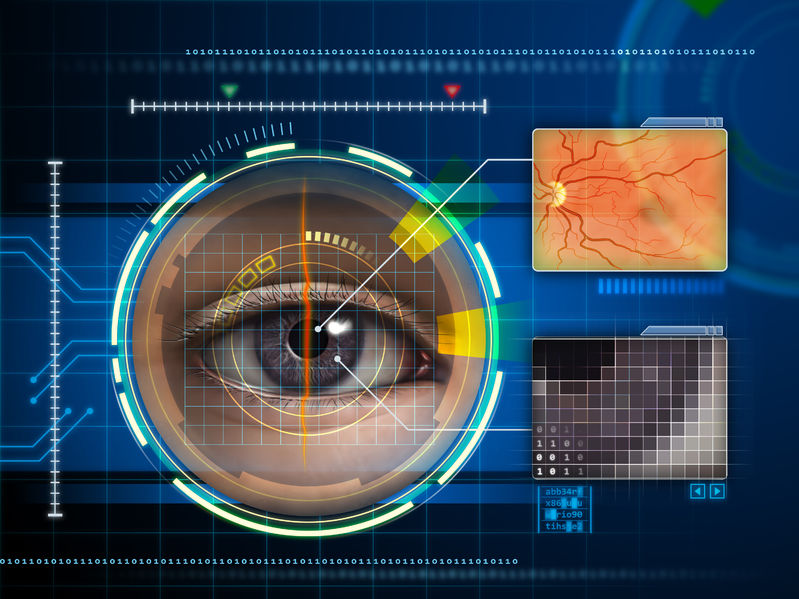
Image: INQUIRER.net
Google researchers have developed an artificial intelligence algorithm that can predict the risk of heart disease by scanning a person’s eyes.
According to the study published in the Nature Biomedical Engineering journal, the AI algorithm uses machine learning to analyze scans of the back of the patient’s eye.
Doctors can usually tell a person’s age, blood pressure and acquire various medical data through such scans. The AI algorithm takes it to up to a new level by cross-referencing all data found in the scans to predict the development of possible heart diseases.
“They’re taking data that’s been captured for one clinical reason and getting more out of it than we currently do,” said Luke Oakden-Rayner, a researcher from the University of Adelaide specializing in machine learning analysis, to The Verge.
He added, “Rather than replacing doctors, it’s trying to extend what we can actually do.”
One of the test runs for the AI algorithm involved differentiating which among two patients had experienced a heart condition in the last five years. The AI got it right 70 percent of the time.
To get to this level of accuracy, researchers fed the AI algorithm almost 300,000 medical datasets of patients. It included general medical data and eye scans.
It will still take some time before AI-powered systems can start giving out diagnoses, but the technology holds promise. Google believes AI systems can create new medical insight without human direction. Alfred Bayle /ra
RELATED STORIES:
Nanorobots successfully target, destroy cancer cells
Scientists thwart cancer-spreading compound, in mice
Baldness ‘cure’ found; also used in cooking fast food french fries